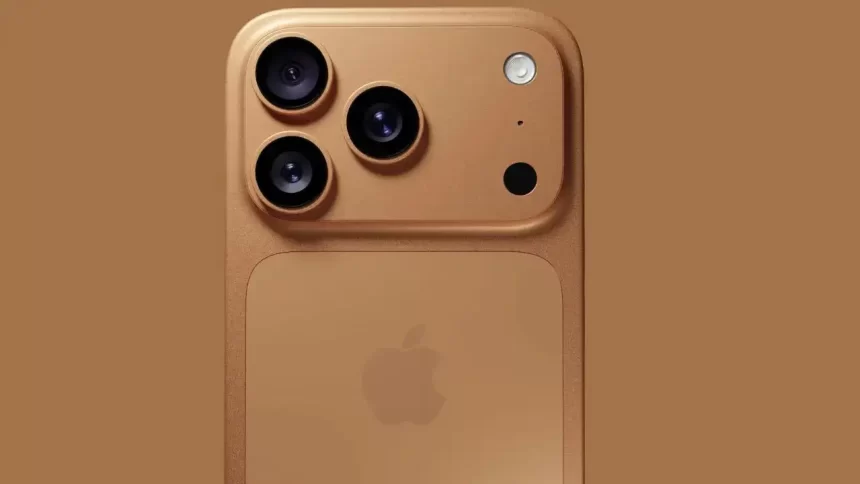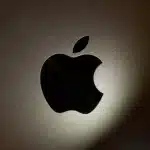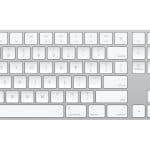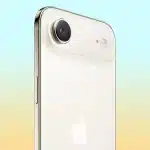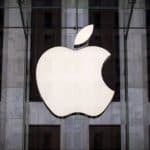The U.S. Court of Appeals has ruled that most of former President Donald Trump’s tariffs are unlawful. In a 7–4 decision, the court said the International Emergency Economic Powers Act (IEEPA) does not give the president authority to impose such tariffs. Judges stressed that tariffs remain a congressional power.
The ruling came from the case V.O.S. Selections vs. Trump, which joined lawsuits from states and small businesses. Lawyers for the Liberty Justice Center said this is the second time courts have struck down the tariffs. Earlier, the U.S. Court of International Trade rejected Trump’s claims that IEEPA allowed him to target specific countries.
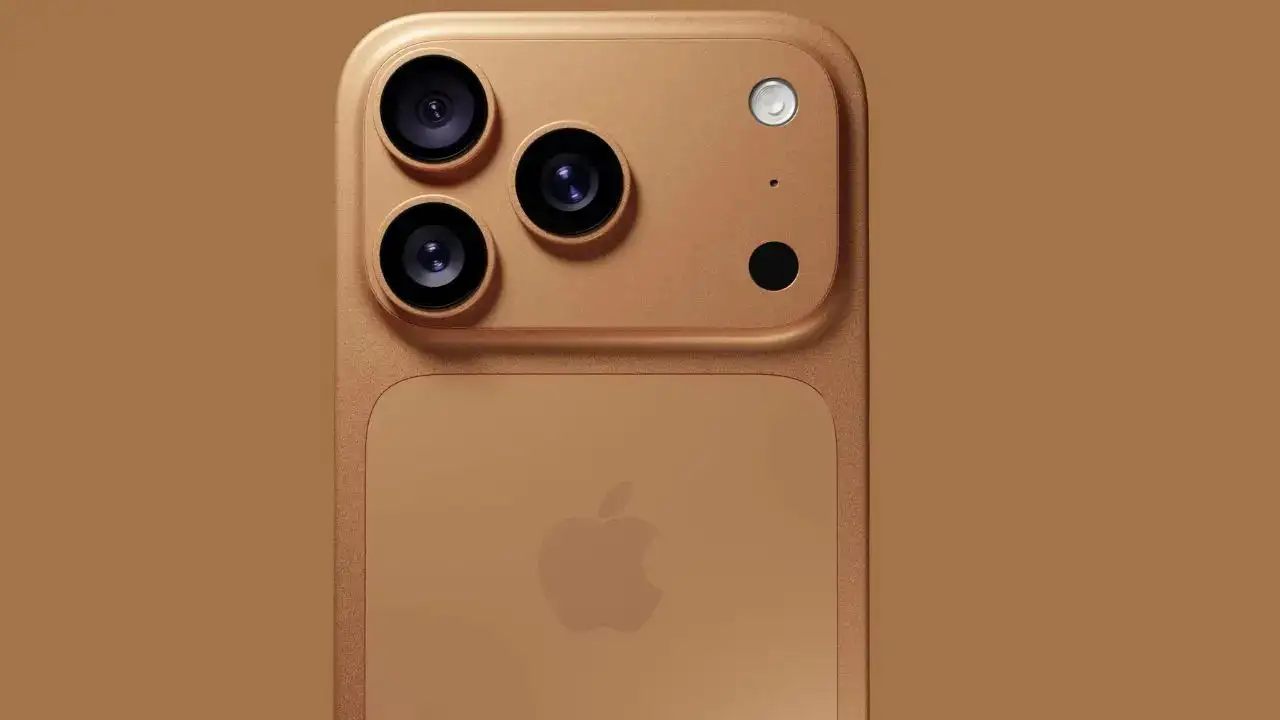
Trump Pushes Appeal to Supreme Court
Despite the decision, Trump vowed to take the case to the Supreme Court. On Truth Social, he called the ruling “highly partisan” and warned that upholding it would “destroy the United States.” However, the vote was not along party lines. One of the dissenting judges was appointed by President Obama.
Legal experts say the final outcome may take months. Until then, tariffs remain in place. The appeals court ruling will not take effect until October 14, leaving time for a Supreme Court review.
Impact on Apple’s iPhone 17
The delay hits Apple directly. The company is preparing to launch the iPhone 17 lineup at its September 9 event, with shipments expected by mid-September. For this quarter, Apple already warned of $1.1 billion in tariff-related costs.
Because tariffs remain active through the launch window, the iPhone 17 will face higher import expenses. Analysts expect the phones to cost more than last year’s iPhone 16 models. Even if the Supreme Court overturns the tariffs later, the relief will not help Apple during its crucial fall launch.
Looking Ahead
If the Supreme Court eventually sides with lower courts, Apple could benefit from reduced costs on future imports. It is unclear, however, whether importers would be reimbursed for tariffs already paid. For now, Apple must prepare for a more expensive iPhone 17 rollout, with global customers likely to feel the impact.
